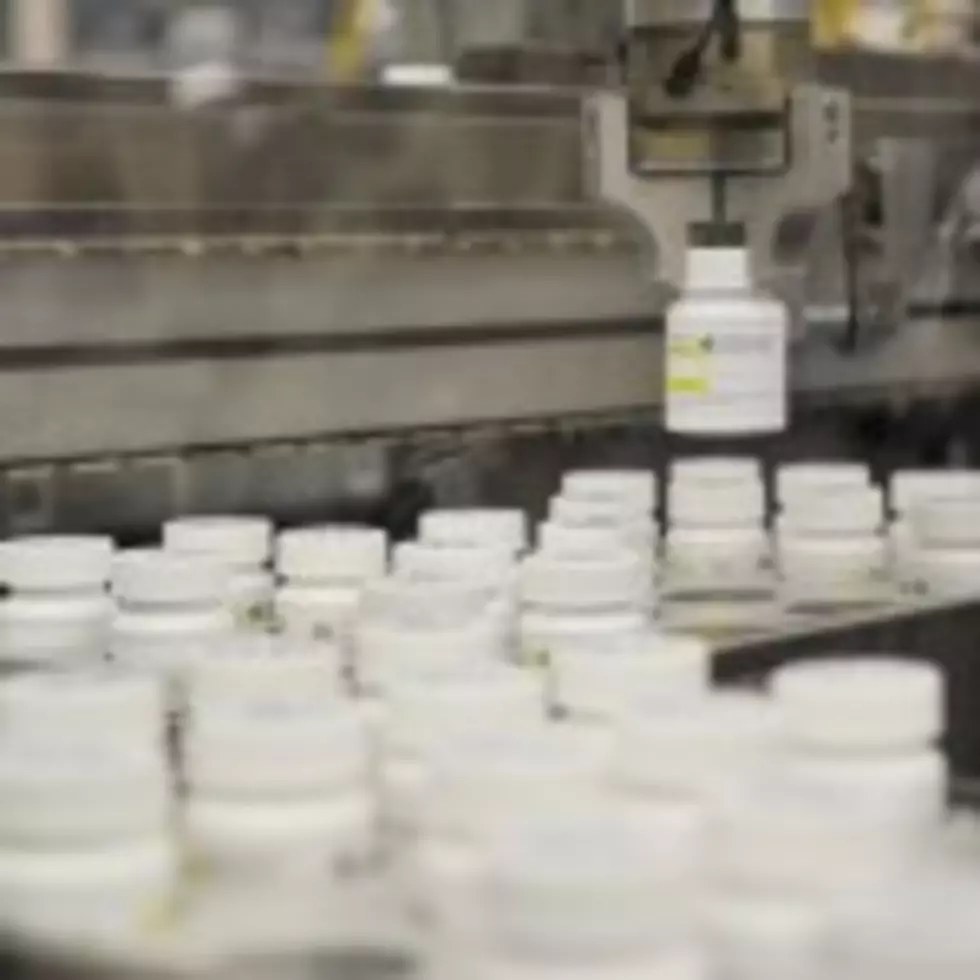
Nationwide Drug Shortage Raises Concern
Utica, NY (WIBX) - For the past three years there's been a shortage of certain pharmaceutical drugs. However, a recent increase in the number and duration of the drug shortages has prompted warnings from the American Society of Health Systems Pharmacists.
Cynthia Reilly, Director of Practice Development at ASHP said some of the drug shortages include antibiotics and agents used in surgery such as, sedatives and anesthesia. She said, "This situation is pretty serious. ASHP as well as one of our partners in this initiative, ISMP (Institute for Safe Medication Practices), have done some research to look at this in terms of the impact on patient care and patient safety." She said the survey conducted looked at the potential that errors may occur because people are working with different drugs that they may be less familiar with.
"In other instances one of the things that we're also seeing is that staff that would normally be providing patient care are being diverted to try to find alternative drugs and participate in inventory management, which are certainly important but obviously health care professionals, their time is best spent actually providing care to the patients," said Reilly. She said the diversion of resources is not maximizing ways to help patients.
Reilly said ASHP has been working closely with the Food and Drug Administration to address the drug shortages and said that one of the things they are finding is that the FDA doesn't have authority to the extent that they need, to fully address the shortages. According ASHP, last November key leaders in the health care industry held a Drug Shortage Summit in Bethesda, Md, to coordinate efforts to address the drug shortage. "One of the recommendations that came from the summit is to work to get the FDA additional authority so that they can--to the full extent possible--address drug shortages," Reilly said.
FDA spokesperson, Christopher Kelly said the organization is aware of the problem and said there are a number of reasons behind the shortages. "We've seen quality issues and other manufacturing issues and delays that have occurred for multiple products. Fewer firms are making these older products--these older drugs in general are usually not economically attractive to firms and firms discontinue them for newer and more profitable products," Kelly said.
Kelly added that sterile injectable's, one of the top drug shortage item, have a complex manufacturing process that make it difficult for firms to increase its production. He said however, that the agency is continuing to do all they can within its current regulatory authority to address the shortages. He said, "We work with all the manufacturers making these critical drugs to restore supplies as quickly as possible." He said in some cases expedited review of changes or new manufacturing sites are needed, and in other cases it could just be a minor issue such as a packaging or labeling problem that doesn't pose a significant risk for patients.
He said, "The FDA can not require firms to continue to make a product, and there's not any requirement for firms to report shortages or discontinuations, except for certain manufacturers in certain circumstances." And there's no penalty if firms don't report drug shortages or discontinuations however, he said the agency does encourage drug companies to report any shortages and discontinuations so they can work with the remaining firms to increase supply.
Officials with the ASHP and the FDA say consumers should be aware that they are working hard with drug companies to help alleviate the drug shortage problem. Kelly said the FDA recommends that consumers only stay with registered pharmacies within the U.S. for their supplies. He said that provides them a secure supply chain to ensure they are getting an FDA approved quality product--something they can not guarantee outside the borders of the U.S.
The FDA's drug shortage list: http://www.fda.gov/Drugs/DrugSafety/DrugShortages/default.htm
ASHP drug shortage list:
More From WIBX 950









